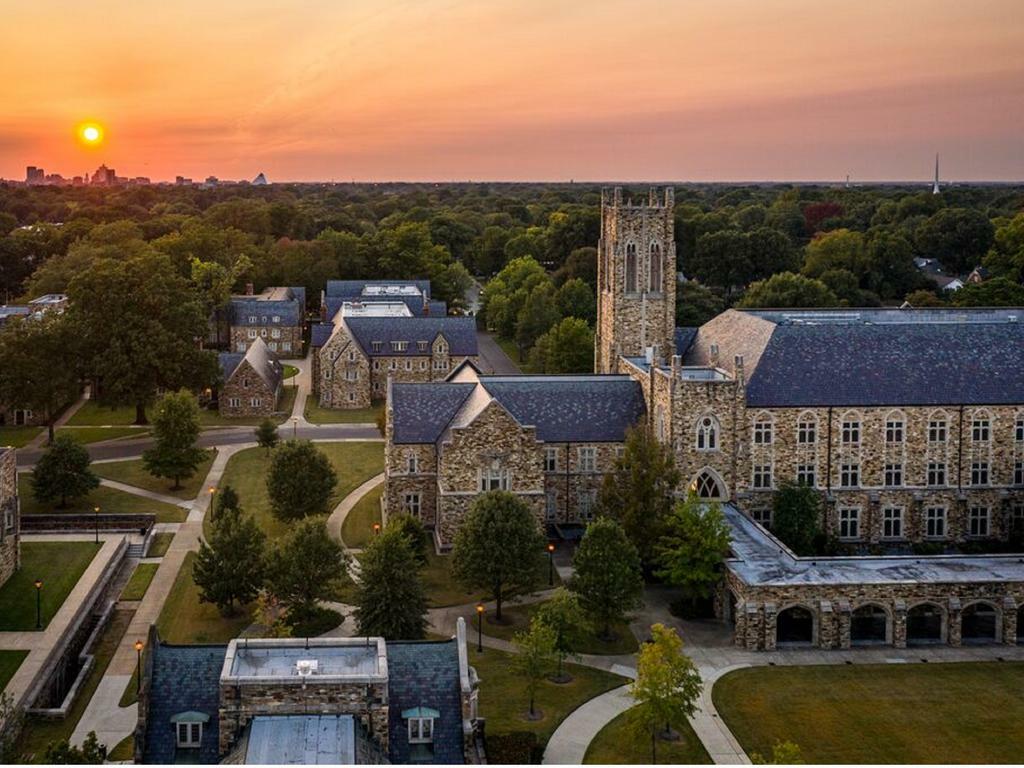Rhodes College is receiving an $800,000 grant from the Mellon Foundation to establish the Institute for Race and Social Transformation (iRaST). The institute will serve as an intellectual hub for research and curricular development focusing on racial equity, discrimination, and justice in Memphis and the Mid-South region.
“We are grateful for support from the Mellon Foundation,” said President Jennifer Collins. “Rhodes is a national liberal arts college where inclusive excellence and building a culture of belonging are central to our mission. We strive to empower students, faculty, staff, and community members to address contemporary social issues through intellectual inquiry, reflective dialogue, and community action.”
With funding from the three-year grant, the Institute for Race and Social Transformation will include work and activities that:
- Document and share stories of Memphians who are absent from the narratives about the city
- Expand the pipeline of faculty and students trained to do racial justice research and advocacy
- Elevate the success stories of incarcerated women participating in Rhodes’ Liberal Arts in Prison program
- Coincide with racial justice missions of some local non-governmental organizations (NGOs)
The grant also will provide support for an annual Race and Social Transformation Symposium and summer fellowships for Rhodes and Historically Black Colleges and Universities (HBCU) students to work with Rhodes and HBCU humanities faculty on justice-centered research. In addition, visiting assistant professors with relevant expertise will contribute to the scholarship of the institute and work closely with student fellows.
“The Institute for Race and Social Transformation will be a hub for groundbreaking interdisciplinary faculty and student research about racial injustice and social inequities in Memphis,” said Dr. Natalie Person, dean for curricular development at Rhodes who will serve as director. “Projects will range from documenting the oral histories of Black Memphians during the Civil Rights era to understanding where resources should be situated in our city to better serve our neighbors who are unhoused.”
The institute will be located on West Campus (University Street), where many of Rhodes’ community-facing programs reside, including the Lynne and Henry Turley Memphis Center, the Institute for Health Equity and Community Justice, the Department of Urban Studies, and the Department of Educational Studies.
About The Andrew W. Mellon Foundation
The Andrew W. Mellon Foundation is the nation’s largest supporter of the arts and humanities. Since 1969, the Foundation has been guided by its core belief that the humanities and arts are essential to human understanding. The Foundation believes that the arts and humanities are where we express our complex humanity, and that everyone deserves the beauty, transcendence, and freedom that can be found there. Through our grants, we seek to build just communities enriched by meaning and empowered by critical thinking, where ideas and imagination can thrive. Learn more at mellon.org.
